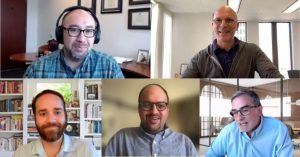As originally published by David Sable on LinkedIn. Subscribe to the newsletter!
Many of my readers know that my late father was a Rabbi. Preacher’s kids issues aside, I grew up in an amazing community, founded in the mid ’50s and comprised of a multi-generational membership including Holocaust survivors, second (and more) generation Americans, young couples, families, singles, elderlies and a lot of kids running around.
For that reason, I had a plethora of mentors, young and old, to guide me. The most memorable of those were my father’s rabbinic mentors, many of whom were older survivors, and possessed a unique legacy to impart.
Given my upbringing, it comes as no surprise that I have always felt most comfortable in synagogues whose members were visibly and actively of mixed age groups. I love nothing more than being able to count my friend’s ages up 30 years and down 30 years from mine (although these days it’s mostly down).
When I joined Young & Rubicam in 1976, I was both surprised and happy to find a similarly broad spectrum of employee ages (though not a gender). The Madmen were still in place, but under them, a new wind was blowing. Computers were just being introduced for analytics, technology was transforming TV production, fax machines (round cylinders that spun around a page at a time) were starting to change the way we shared across offices—and training programs, like the one at Y&R, were few and far between and paid a pittance, but the training served the same purpose as grad school.
Experience was everywhere and everything. We had the opportunity to learn from the greats and from people who had themselves learned from the greats and from those who had learned from those who had themselves learned from the greats.
So, as I learned how to use a dial-up modem to access Y&R’s single computer a few floors down from my desk, I also learned how to write a memo, how to prepare and stage a presentation, how to develop a budget, how to staff a project, how to behave in a meeting (for example, we were not allowed to eat), how to take notes and always be ready to do so (still am), how to fold my cuffs up and under my sleeves to keep them clean and presentable, how to always send a note, quickly, after a meeting, thanking and confirming (still do) and on and on…
My teachers at Y&R belonged to every age group and some were only a year or two older than myself; however, all had specific professional expertise and had learned from each other. Alex, Sue, David, Mark, Barbara and Barbara, Michelle, Joe…and the list goes on, all having imparted lessons I still practice and pass on, and many are still friends, colleagues and mentors.
I was lucky that as I moved along in the business and shifted to other firms, I was able to find the same kind of mentorship. I sought out the experienced hands and sat myself down with them to soak it all in. Clients played a key role, too, as the industry icons I worked for on my side were equaled by those on the other. There were times when it felt like the Clash of the Titans, but I kept my head down and always listened.
And, I had the singularly blessed opportunity to work for and be mentored by two of the greatest legends in our industry: Harold Burson, founder of Burson-Marsteller, and Lester Wunderman, founder of Wunderman. Both now deceased, I miss them greatly, and during the 40+ years I knew them, I was in constant learning mode. Even after they (semi) retired, I continued our regular lunches and correspondence up until they passed, each well into their 90’s.
I write not to be nostalgic, but to be prescriptive. I am afraid that we are losing our connection to heritage across the board and in many industries. My great fear is that this loss will cost us as a society—in forgotten learning, wasted failures and missed opportunity.
It amazes me when I read or hear of a “never before” offering or capability—when I know it isn’t. I find myself attending more and more bizarre meetings, where no one has any historic perspective or notion that a topic being discussed has a rich history in which to delve. And, worse, it’s absurd when people can’t or don’t know how to make links between ideas and occurrences that might not be obviously related but share the same basic DNA or legacy.
All of this, I should point out, is occurring in an age when researching a subject has never been easier, and fear of AI replacing us is always simmering beneath the surface. It is my belief we humans maintain our edge over AI through this mentorship—the passing down of knowledge, wisdom and information, the sharing of experience through the lens of serendipity is what has always distinguished humankind from any other species…and we are in danger of giving it up.
So, while we opine on digital natives and generation this or that, I share with you that Harold and Lester—both close to 100 years old when they left us—knew more about the workings of digital communications, the use cases and potential use cases, the dangers and the opportunities, the potential, and the waste, more than anyone else, no matter their age. I also point out that some of my mentors were no older than me but had specialized experiences, making them invaluable sources of learning.
Ageism, hubris born of “what do you know,” ignorance, jealousy, fear of being shown up etc.…I have seen it all and it saddens me. Humankind has progressed by virtue of wisdom and experience. Once it was about what to chase and what to avoid; what to eat and what to pass on and what path to follow and which to never take. Today is no different.
It’s not always about being wiser, but rather of having more experience in failure and learning from those failures.
Sir Isaac Newton said it best…listen:
“If I have seen further, it is by standing upon the shoulders of giants”
Revised to fit my own experience: “If I have had any success, it is because I was able to stand on the shoulders of giants—who let me, invited me and encouraged me.” And I might add, “my greatest success came by the generations that joined me and shared their experiences with me.”
Leadership is about learning. And it’s also about sharing. Learn and share. Don’t waste the opportunity for yourself or shortchange the next generation.
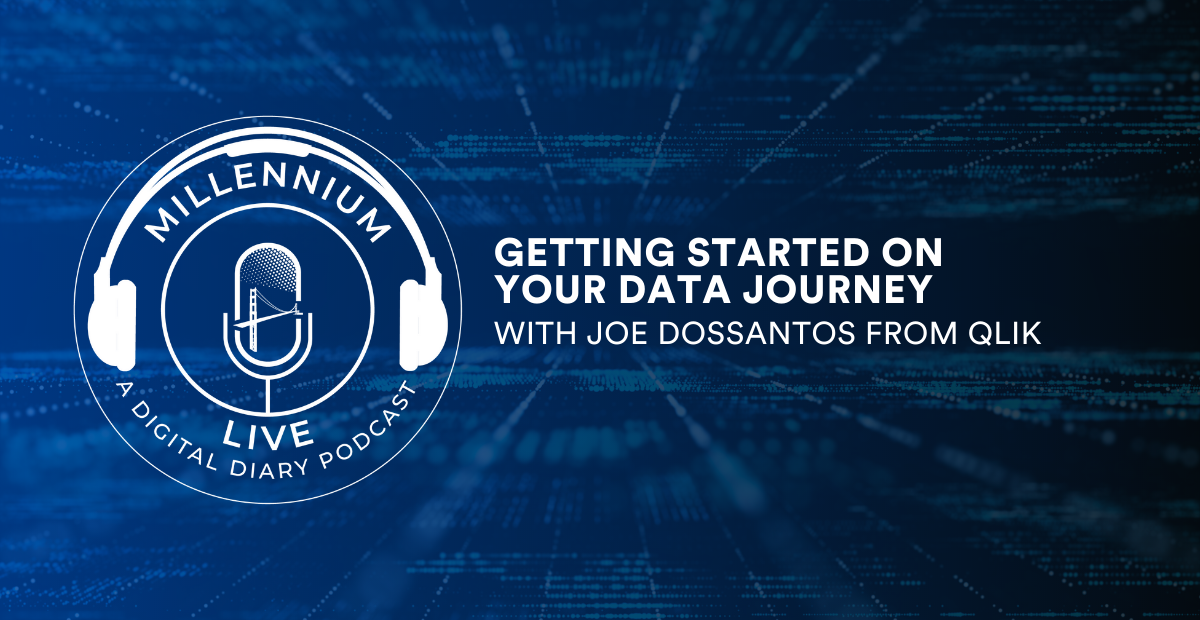

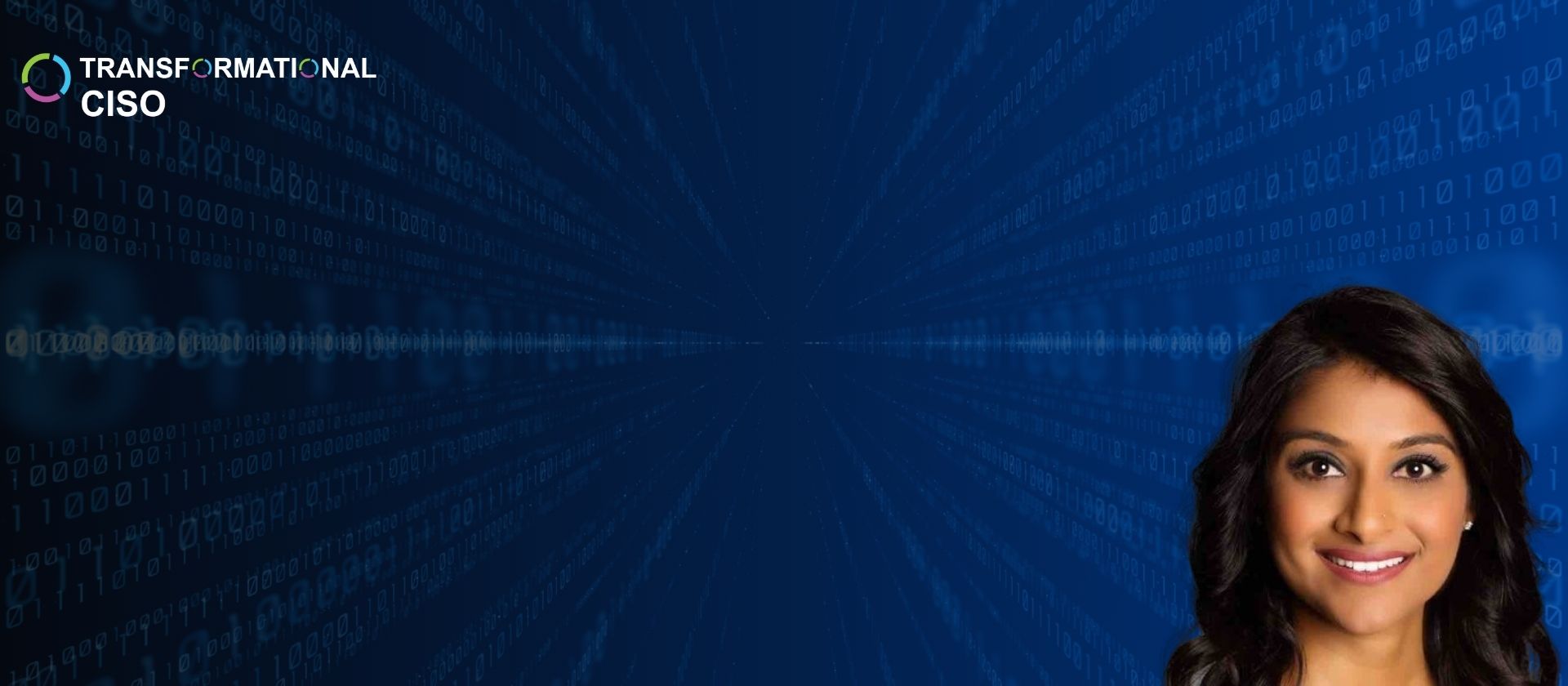
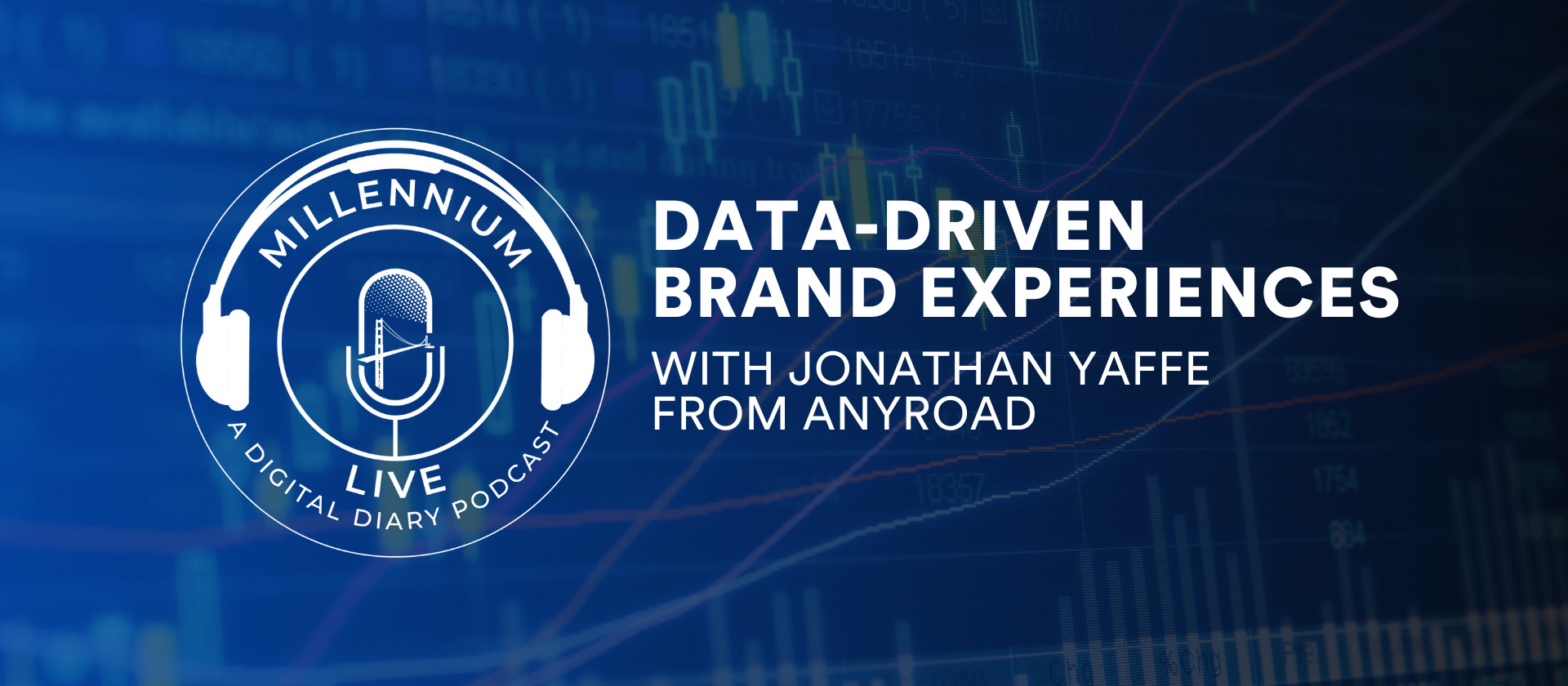

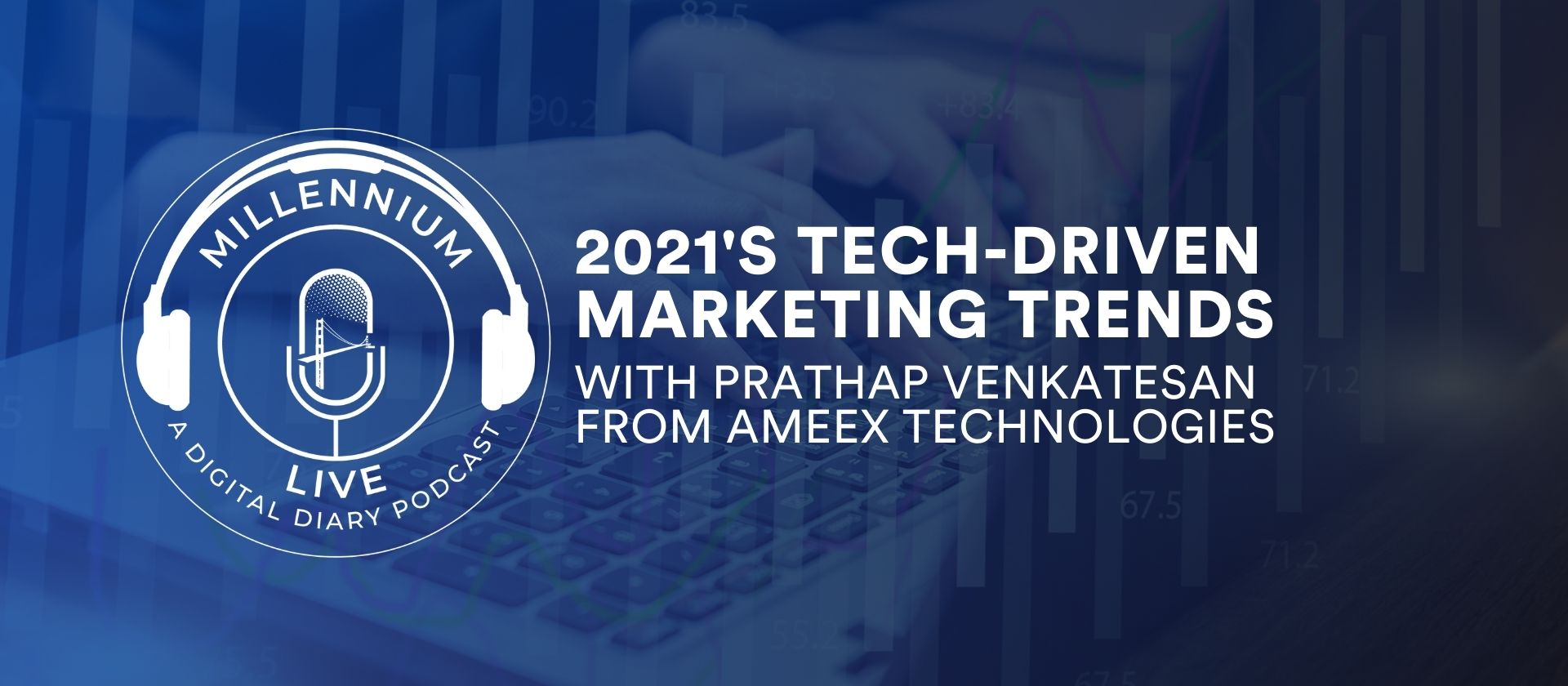





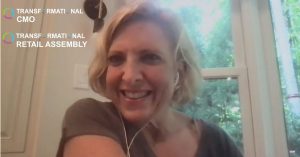
 CMO Innovator Of The Year Award:
CMO Innovator Of The Year Award: 
